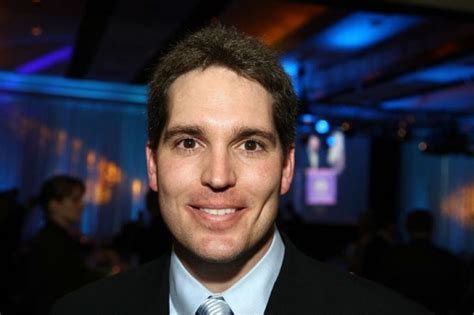A Quote by Liz Cambage
Related Quotes
You are not a helpless victim of your own thoughts, but rather a master of your mind. What do you need to let go of? Take a deep breath, relax, and say to yourself, 'I am willing to let go. I release. I let go. I release all tension. I release all fear. I release all anger. I release all guilt. I release all sadness. I let go of all old limitations. I let go, and I am at peace. I am at peace with myself. I am at peace with the process of life. I am safe.'
Keynesian modelling relies on marginal propensity to consume and marginal propensity to invest. The idea that if we give more money to the poor, they have a propensity to consume that's much higher than the wealthy, though I wish they would talk to my wife about that; she seems to have a propensity to consume.
Mindful consumption is the object of this precept. We are what we consume. If we look deeply into the items that we consume every day, we will come to know our own nature very well. We have to eat, drink, consume, but if we do it unmindfully, we may destroy our bodies and our consciousness, showing ingratitude toward our ancestors, our parents, and future generations.
Now it's all about the word of mouth, and watching a series on Netflix. That's the way people actually consume this stuff now, instead of waiting for a DVD release you're not really sure you want to buy. And I think it's fantastic, because then I can watch the shows that I missed, over a weekend. I love doing that.
Dharma Bums refusing to subscribe to the general demand that they consume production and therefore have to work for the privilege of consuming, all that cramp they didn't really want anyway such as refrigerators, TV sets, cars, at least new fancy cars, certain hair oils and deodorants and general junk you finally always see a week later in the garbage anyway, all of them imprisoned in a system of work, produce, consume, work, produce, consume.


































